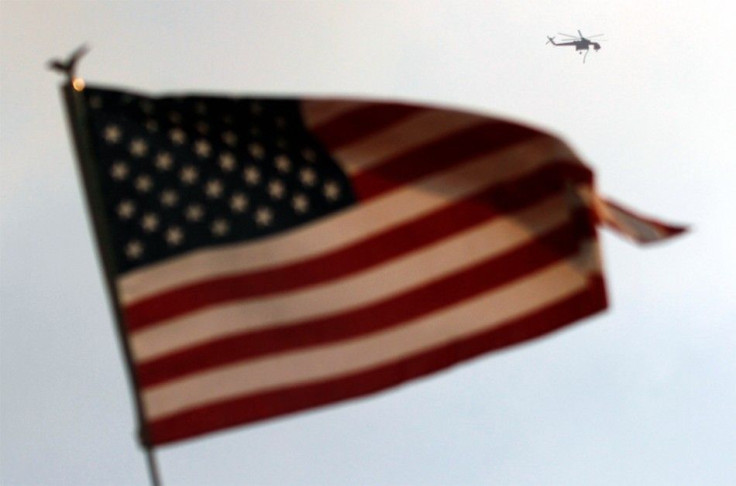Warning: Five Signs of Trouble in the U.S. Economy
Analysis: All is Not Well in America

More than two years have passed since the U.S. officially emerged from the Great Recession, a period in which a bubble economy was supposedly right-sized. But despite the fact that indicators don't tag the current economy as recessionary, and not many pundits are claiming serious bubbles like the housing one that brought the nation down, warning signs are strong that all is not great in the world's greatest economy and democracy.
Here are five warning signs of trouble:
1) The get-it-fast mentality is back on Wall Street, as not one but two social coupon networks are suddenly worth $10 billion to $15 billion almost literally overnight, despite the fact that numerous experts have poked numerous holes in a long-term business model supporting anything close to that level. It's like the dot com bubble over again as these companies near IPOs. Just three months ago LivingSocial, which like Groupon is marching toward an IPO expected to raise $1 billion in the offering against valuations of 10 to 15 times that figure, was valued at just $3 billion in April in a private capital round. By July, Wall Street is positioning the company for a value four to five times higher -- a nice increase for 90 days. But that's a sure sign we're out of whack again.
2) Home sales fell in May, despite low interest rates and the two years which have passed after the recession, based largely on the implosion of the housing market. The national median home sales price is rising, slightly, which is good news -- but the current housing market activity is flat, and as economic conditions continue in weak territory the situation isn't expected to improve. In May, total existing home inventory actually increased when compared to the sales pace, yielding a 9.3-month supply, up from a 9.0 supply in April.
3) June's unemployment numbers stunned economists, who predicted in a consensus number that 125,000 new jobs would be created for the month. Unfortunately, they were incredibly wrong, as only 18,000 new jobs were created in America in June, pushing unemployment up to 9.2. percent. Many economists had predicted that by this stage, more than two years after the official end to the recession, unemployment would have settled back to a more respectable range between seven and eight percent. One economist on Friday called June's employment data scary. Suffice to say, you never feel good about an environment when economists are stunned by bad economic data.
4) Companies are earning all-time record profits, which should be cause for celebration. Well, it is if you are heavily invested in equities. You've gotten good returns, but even then you know it can't be sustainable unless the American economy improves, and for that to happen jobs need to be created in large numbers. The record company profits are at odds with this -- as they are earning and hoarding record amounts of cash in large part because they are more lean on payroll than ever before. And, they are becoming addicted to the pattern that Wall Street cannot help but reward. Companies are lean, and they want to keep it that way. That's good for balance sheets and investors, but it's a problem with the larger economic picture.
5) Yes, Congress and the White House are working to find a solution to America's debt problem, but until the problem is solved, it is hard to overlook $14 trillion in federal debt. It's a problem. $14 trillion in debt is always a problem. We'll leave it at that.
© Copyright IBTimes 2024. All rights reserved.





















